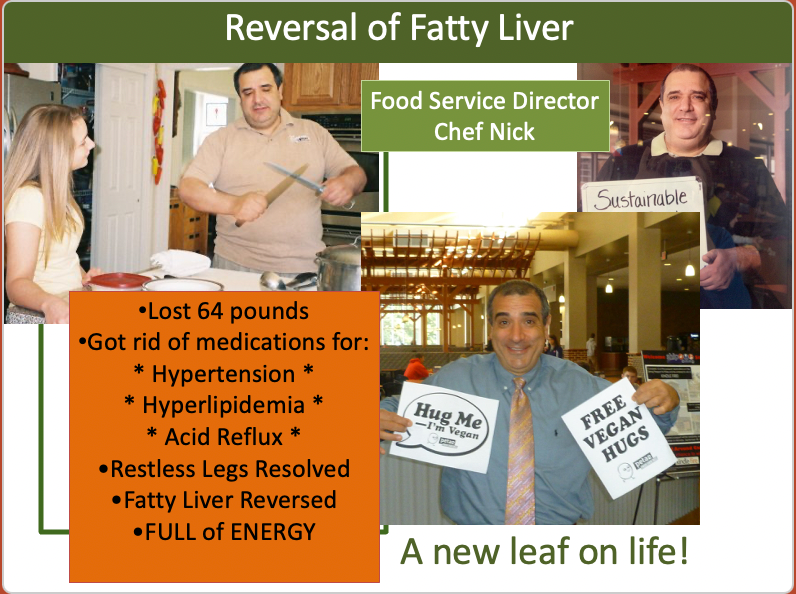Eat Well, Sleep Well
- Jul 12, 2016
- 2 min read
Updated: Nov 30, 2025
It seems that with every new HEA Adventure, participants sharing their new experiences will mention sleeping better and having more energy! There are actually plenty of reasons why a whole foods plant-based diet would help you sleep better:

No more night-time wakening from GERD (acid reflux): Getting rid of fatty, slow to digest foods like meat, cheese and junk food often resolves acid reflux. Nick Lula, (Shippensburg Dining Service, Director and HEA Host) who, pre-HEA, kept a box of Tums at his bedside, once calculated he had consumed 48,000 Tums during many interrupted nights’ sleep. Post HEA…Zero Tums. Sound sleep! Energy!
IBS (Irritable Bowel Syndrome) goes away and stops disrupting sleep: Whole foods plant-based eating leaves out the dairy, eggs and sugary processed foods that are main causes of IBS.
Give joint pain a rest: So many of the fruits and veggies are high in the important antioxidants for cell membranes in your cartilage – Vitamin C, E and B Carotene, that painful joints often calm down. These foods also have anti-inflammatory molecules, so do many of our favorite spices and herbs – ginger, turmeric, mint to name a few. Painful joints are often a reaction to dairy and high gluten foods (such as Wonder Bread, Saltines, etc.).
Magnesium helps a good night’s sleep. What’s high in Magnesium? Whole grains and legumes are champions!!
Sleep well with calming neurotransmitters: Scientists have found that the gut bacteria Bifidobacterium and Lactobacillus produce neurotransmitters such as serotonin, dopamine and GABA, all of which play a key role in reducing anxiety and depression. Guess whose bowels have the most of these bacteria? That’s right – folks who eat whole foods plant-based diets. These bugs love the fiber. Diets high in meat and animal fat discourage these bacteria and encourage a group of bacteria that produce inflammatory molecules.
Restless legs resolve: Several HEA have actually noted that in perhaps 6 months their restless legs resolved. Restless legs are a bit of a mystery, but for sure those calming neurotransmitters would help!

The second non-food factor is trying to sleep with the natural ebb and flow of the day. This morning a lovely red cardinal sat on the roof peak above my bedroom window singing his heart out a 5:15 AM – “Sun’s up”, he proclaimed, “time to go pick those raspberries”.
Our pineal gland in the brain likes to sync with the daylight and night, and melatonin helps this. So as the sun is setting (as I just noticed over my shoulder), it’s time to close down the computer, go pack a lunch for tomorrow, pick out work clothes (so your brain has nothing to worry about), nice warm face wash, sniff some wonderful lavender, put on soft, comfy PJs (or not) and climb into bed with a good book!
Nightie Night!








Comments